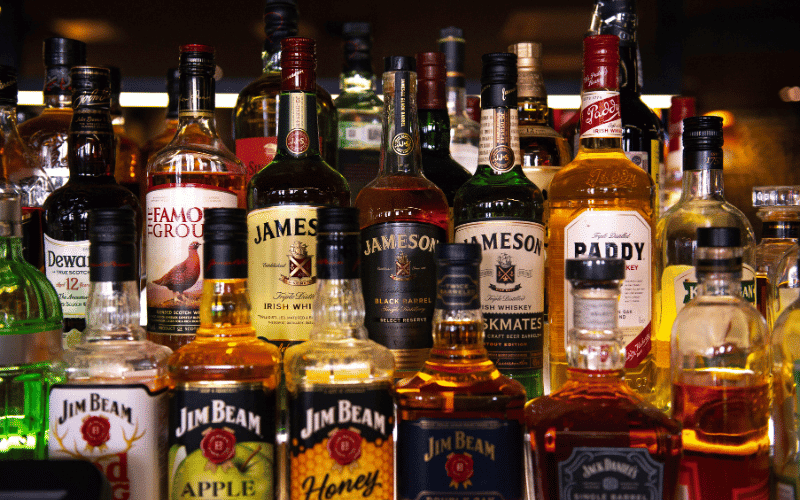Food 2: Alcoholic Beverages

The relationship between alcohol and health is a complex one. While moderate consumption might have some health benefits, excessive drinking can lead to a myriad of problems, including atrial fibrillation. “Holiday heart syndrome”, a term coined in the 70s, refers to episodes of arrhythmia, including afib, triggered by bouts of heavy drinking.
The exact mechanism by which alcohol leads to afib isn’t entirely understood, but it’s believed to involve several factors. Alcohol has a direct toxic effect on the heart muscle cells, causing them to contract irregularly. It can also lead to electrolyte imbalances, particularly lower potassium levels, a critical element in maintaining a regular heartbeat.
Furthermore, heavy drinking affects the autonomic nervous system, which regulates the heart rate. It increases the activity of the sympathetic nervous system (the ‘fight or flight’ system) and decreases the activity of the parasympathetic nervous system (the ‘rest and digest’ system), leading to faster and more irregular heart rates.
Finally, alcohol can contribute to weight gain and high blood pressure, both of which are risk factors for afib. So while the occasional drink might not be harmful, people with afib should be wary of heavy and regular alcohol consumption. Moderation is key. (2)